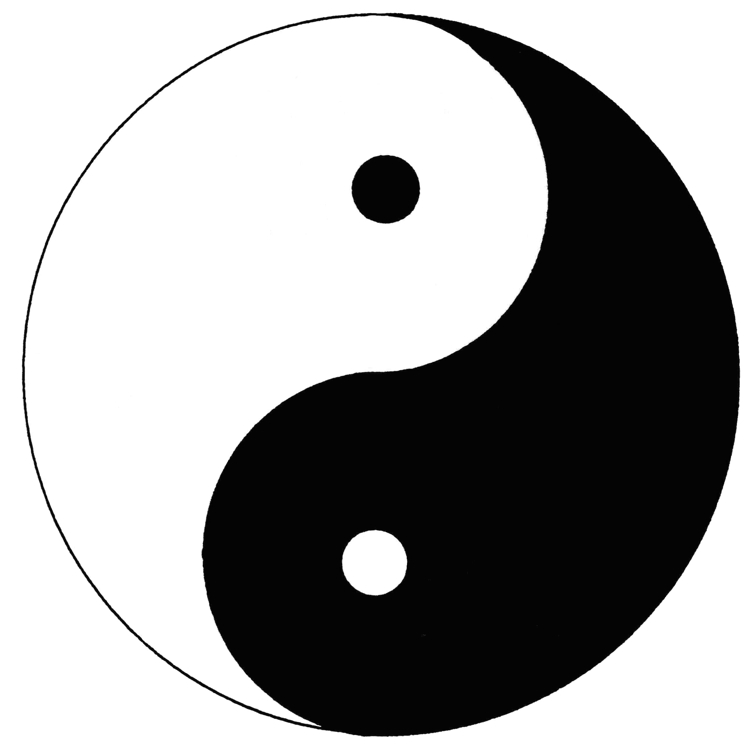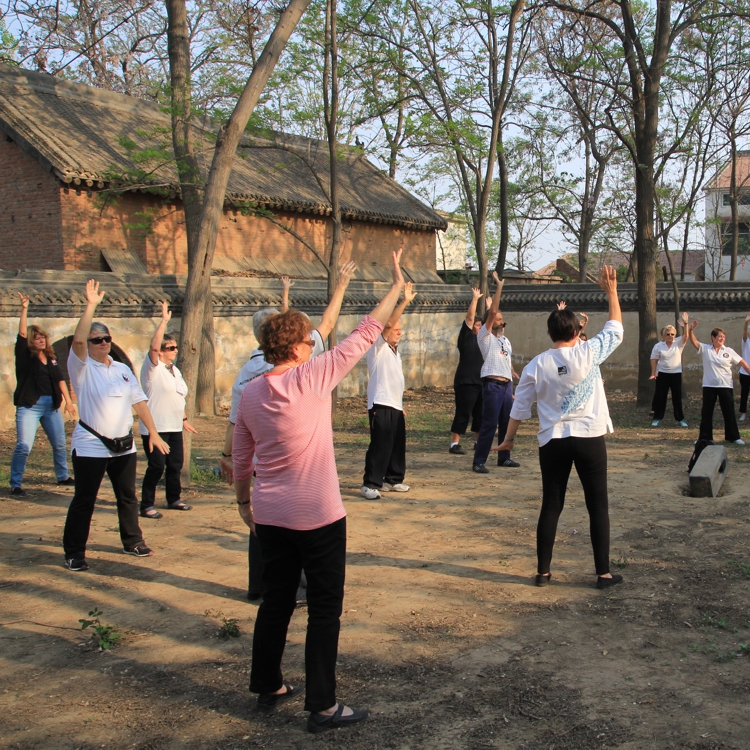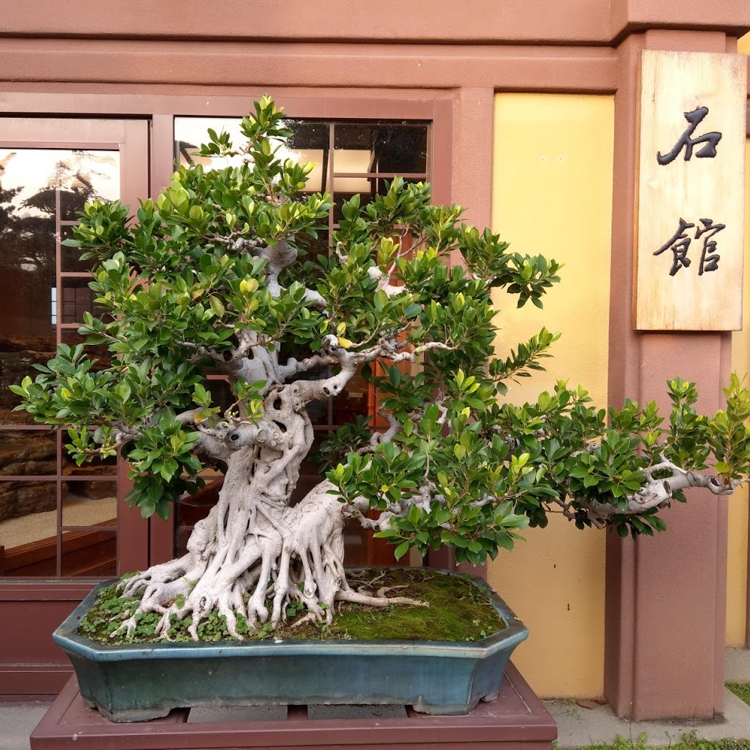By Gary Khor
Founder of the ‘Australian Academy of Tai Chi & Qigong’
You have probably heard the saying “Life begins at forty” but perhaps your experience might be more that “Life begins to show at forty”! Certainly as you approach or pass this age it is likely that you will become more and more aware of health issues and how they can impact on the quality of life that you want to lead.
Health experts now talk of the “third” and “fourth” stages of life rather than “old age” or “retirement”. The “third” stage of life is seen as a positive and enjoyable period of life that takes place after you have finished your formal “working” life (or finished raising your family). You are still living an active and independent life and you may well be making significant social contributions or perhaps exploring and developing skills, hobbies and travel that you did not have time for during your working life. The “fourth” stage is that negative period of your life when deteriorating health has made you dependent on others for care and attention. You can no longer live an independent life and this period is regarded as being of low quality. In fact the prospect is so depressing that many people choose not to think about the prospects of the life ahead of them and consequently fail to take a few simple steps that can vastly improve their prospects of having a long, healthy and enjoyable stage three of life.
Understanding the ageing process.
The first thing that we have to get straight in our head is that feebleness of mind and body are not natural consequences of ageing but more a result of the lifestyle that we adopt as we age. Nature seems to have one inviolable rule “Use it or lose it!” If we do not exercise the mind, body and emotions then these functions degrade. We have all met older persons who are more alert and active than other people, some in their early 20’s. When we meet such a person we should not regard them as a miraculous occurrence but what we should all expect as we advance through our lives. Too often we have a blinkered view and say how lucky such people are to be healthy and alert enough to be able to walk for miles, maintain interests in writing and music and assist in the community. We should realise that this very health and alertness comes from engaging in these activities – not the other way around!
Scientific studies are showing things such as the loss of muscle tone that we tend to associate with old age need not occur if we maintain an active lifestyle, and that IQ relates not so much to age as the mental activities that we perform. We are also finding out that the more we engage with others – even pet animals – the fitter we are becoming and the longer we are living.
This does not mean that there are not physical changes that occur as we age. The speed of cellular regeneration is slower meaning that it takes longer to repair damage to the body. Our digestive system does not work as efficiently and our immune system is not as effective.
Our hearing and sight also tend to deteriorate although there are many of advanced years who have good sight and hearing. The trick is to know first what we can do in terms of lifestyle (How we exercise, how we eat, what stresses we put ourselves under and what type of environment we create around us) that offset or even prevent these physical changes.
Another aspect of lifestyle/ageing is that the body can start to “rust”! Just as a piece of iron oxidises (or reacts with the oxygen) to break down into iron oxide, so too the body can start to oxidise as cells and tissues are broken down. This is the work of the notorious free radicals (sounds like a subversive political group!). Essentially these are positive ions. Most of our body’s chemicals have a negative charge which means that when the positive ions come along they bond with the negative charge of the body’s atoms, effectively ripping that atom out of the structure that it forms, or interfering with its function. If this happens frequently enough then the whole structure collapses.
Again, however, this process is not inevitable. Some modern cars are rusted out wrecks within the space of a few years, while other vintage cars are shining and gleaming decades later. The difference is the care that has been taken with them – the “healthcare” they have been given.
As noted above, the “rusting” of the body is largely due to the presence of positive ions. Unfortunately the society that we have created is a highly toxic one just loaded with these same positive ions. If we want to slow down the consequent rusting then we can do three things:
• Reduce the toxic load in our living environment.
• Ensure that our diet contains lots of antioxidants to combat these positive ions.
• Make sure that our circulatory systems operate efficiently to bring the antioxidants in us to all parts of our body.
The Chinese people are renowned for their ability to grow old gracefully and healthily. Their health system is based on the Taoist worldview. The Taoists were true masters at achieving health and longevity. They developed a life nourishing skill called “Yang Sheng”.
Methods include proper nourishment of the body, mind, emotions, and adaptation of lifestyle to seasonal and climatic changes. They meditate and practice Tai Chi and Qigong daily in order to attune their spirit, condition their mind, discipline their body, and elevate their essence.
Check here for upcomming workshops and events



